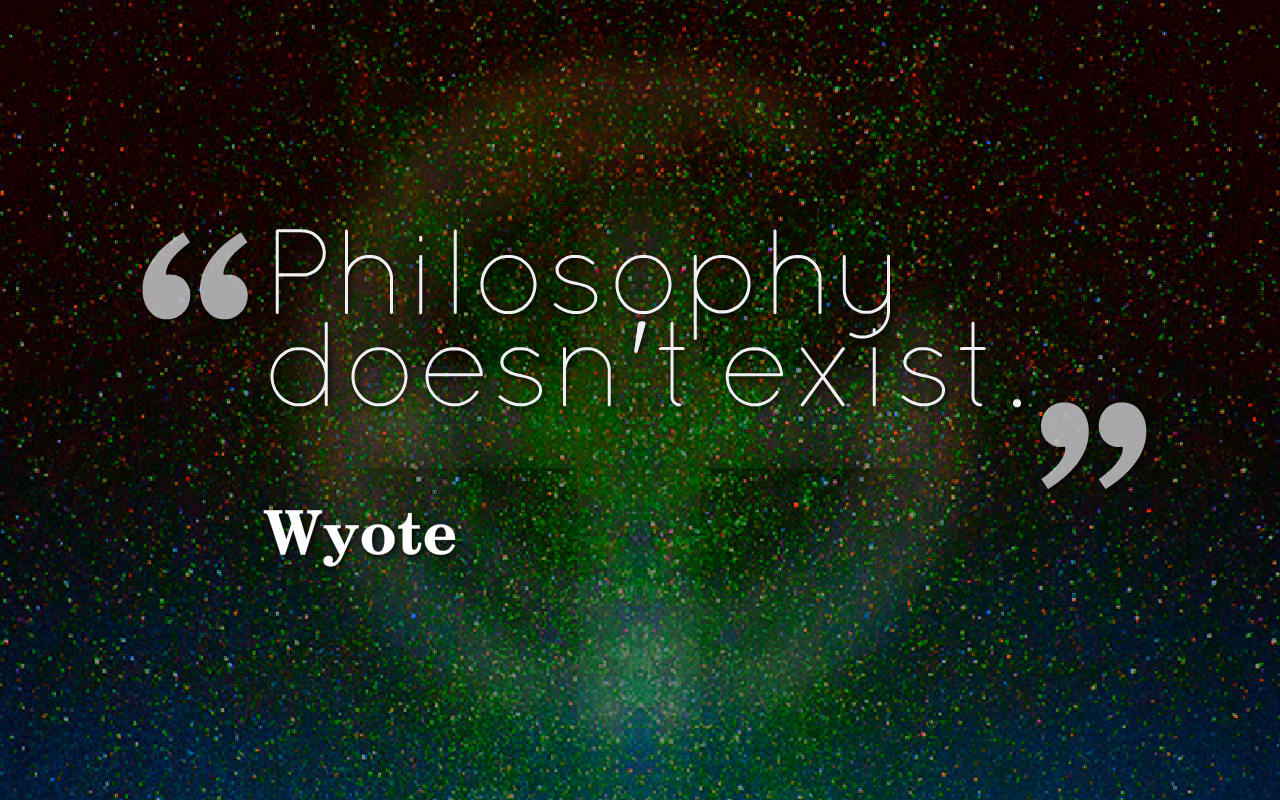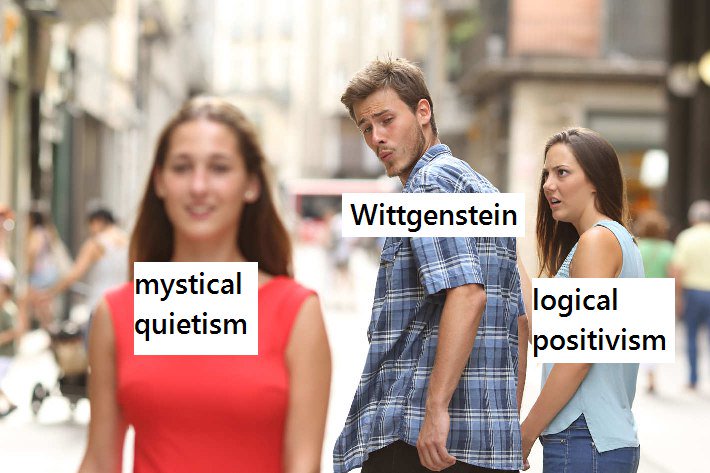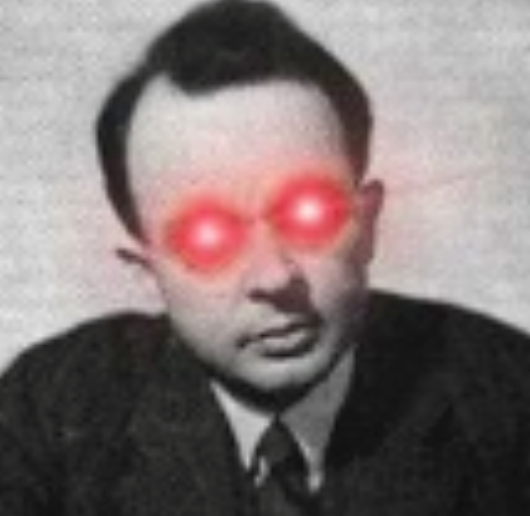The title of this thread may sound like it is directed at specialists, but I would like to keep it very broad, so that everyone may contribute their insights.
I’m wondering if you guys have preferences when it comes to particular approaches, paradigms, and/or schools of philosophy, as well as associated methods. Do you lean more towards works that are very logical and technical; works that are more critical; or works that are more based on creativity and insight, at the price of possibly forgoing commitment to scientific method?
I think each approach comes with advantages and drawbacks. Logical works might be more secure about having “truth in sight”, but they might be (though by no means always) dry and not particularly thought-provoking. More literary approaches might be very well-written and inspiring, but their foundation in truth might be less obvious. Yet other approaches, like the so-called postmodern school, question the concept of truth itself.
Whether you write or read philosophy, you probably gravitate towards certain approaches and paradigms, broadly speaking. For my part, I think that in terms of method, I am particularly drawn towards existential phenomenology, in the vein of Martin Heidegger. I tend to favor philosophy that is creative and thought-provoking. I would be willing to forgive a certain degree of logical nebulosity in return for exciting new insights.
What about you, friends?
I’m wondering if you guys have preferences when it comes to particular approaches, paradigms, and/or schools of philosophy, as well as associated methods. Do you lean more towards works that are very logical and technical; works that are more critical; or works that are more based on creativity and insight, at the price of possibly forgoing commitment to scientific method?
I think each approach comes with advantages and drawbacks. Logical works might be more secure about having “truth in sight”, but they might be (though by no means always) dry and not particularly thought-provoking. More literary approaches might be very well-written and inspiring, but their foundation in truth might be less obvious. Yet other approaches, like the so-called postmodern school, question the concept of truth itself.
Whether you write or read philosophy, you probably gravitate towards certain approaches and paradigms, broadly speaking. For my part, I think that in terms of method, I am particularly drawn towards existential phenomenology, in the vein of Martin Heidegger. I tend to favor philosophy that is creative and thought-provoking. I would be willing to forgive a certain degree of logical nebulosity in return for exciting new insights.
What about you, friends?











